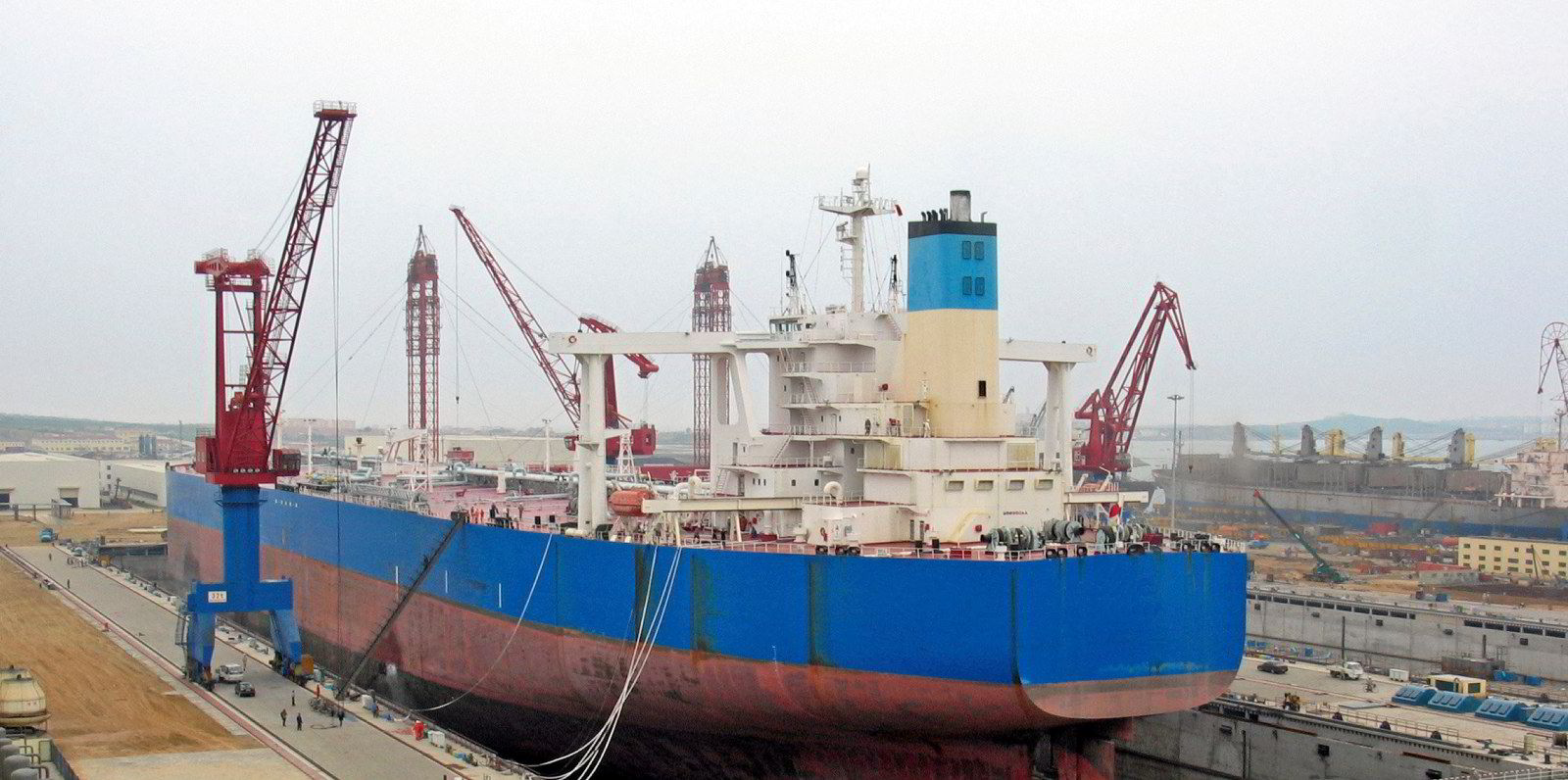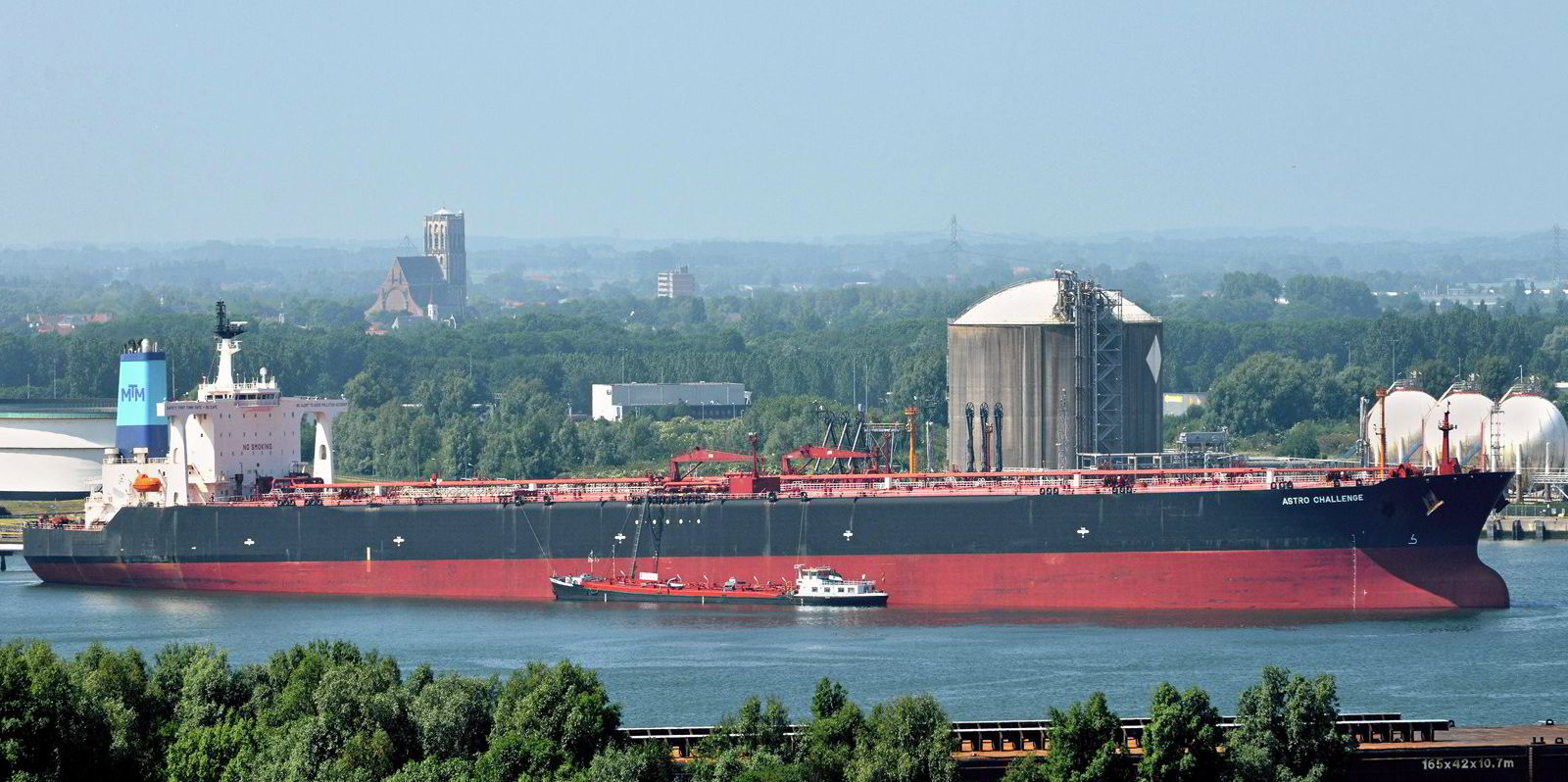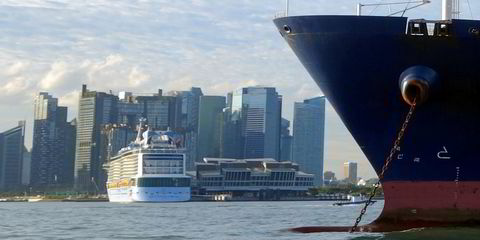Cosco Shipping Energy Transportation has booked impairment charges totalling CNY 841m ($130m) for 10 aged tankers as part of its fleet renewal plan.
The tanker arm of state conglomerate China Cosco Shipping intends to record those ships’ depreciation before removing them from its fleet by 2025.
“We plan to get rid of those old ships because they are not energy efficient, and there are concerns over their safety management and high emissions of greenhouse gas and SOx,” the Shanghai and Hong Kong-listed firm said in an exchange filing on Tuesday.
“Due to the coronavirus pandemic, the oil shipping market fundamentals have yet to experience a sustainable recovery ... And those ships have limited profitability in international markets during the market downturn.”
Those ships include five VLCCs: the 298,800-dwt Cosgreat Lake (built 2002), 299,100-dwt Cosbright Lake and Cosglory Lake (both built 2003) and 297,400-dwt Xin Jin Yang (built 2004) and Xin Ning Yang (built 2005).
The others are the 159,100-dwt Da Ming Hu (built 2003) and Da Yuan Hu, 159,500 Da Li Hu (both built 2004), 72,000-dwt Lian Shun Hu and 42,000-dwt Fei Chi (both built 2005).
“We are planning to increase our shipping capacity and remove the old tonnage between 2021 and 2025 to strengthen our fleet composition and reduce carbon emissions,” Cosco Energy said.
“After this write-down, we will have lower depreciation costs from them in the future.”
Strong profits
Despite the impairment charges, the company expects to report a big jump in net profits for 2020 due to strong earnings from oil and LNG shipping businesses.
Preliminary results showed net profits increased by between CNY 1.81bn and CNY 2.02bn from the 2019 level of CNY 432m.
“The international oil shipping markets were doing very well in the first half of 2020 due to strong tanker demand, offsetting the market weakness in the second half,” Cosco Energy said.
“At the same time, we continued to take delivery of newbuilding LNG carriers. We have seen stable profits from our LNG fleet.”
The company held stakes in 38 LNG carriers in operation at the end of 2020, up three over the past year.
Its full annual report is expected by the end of April.







